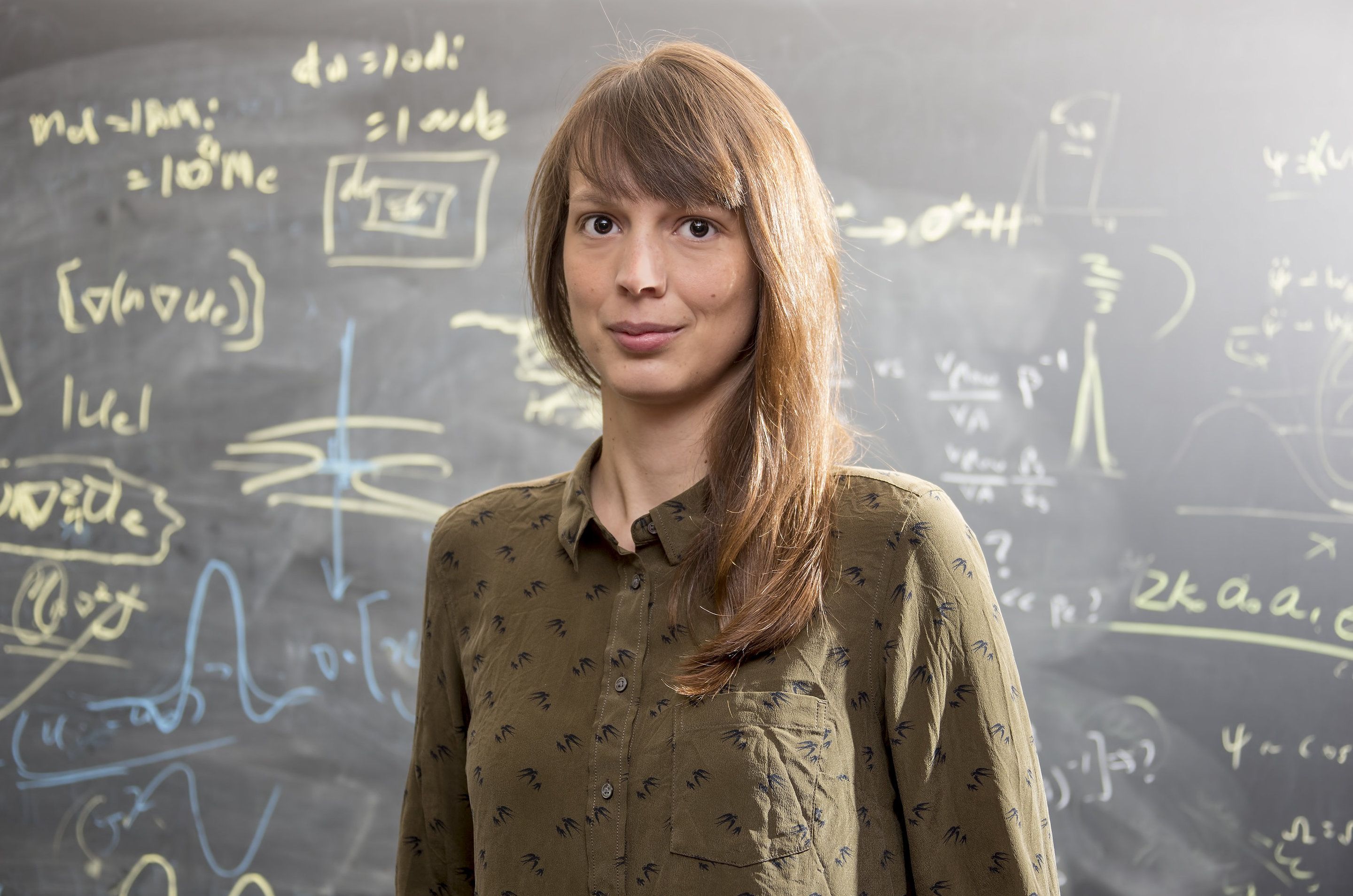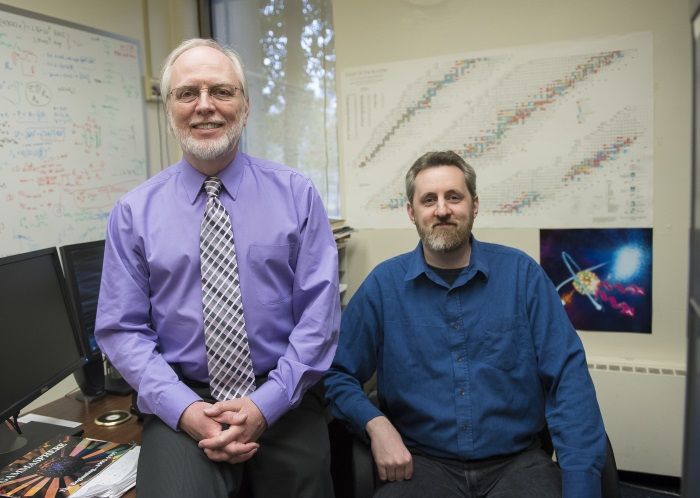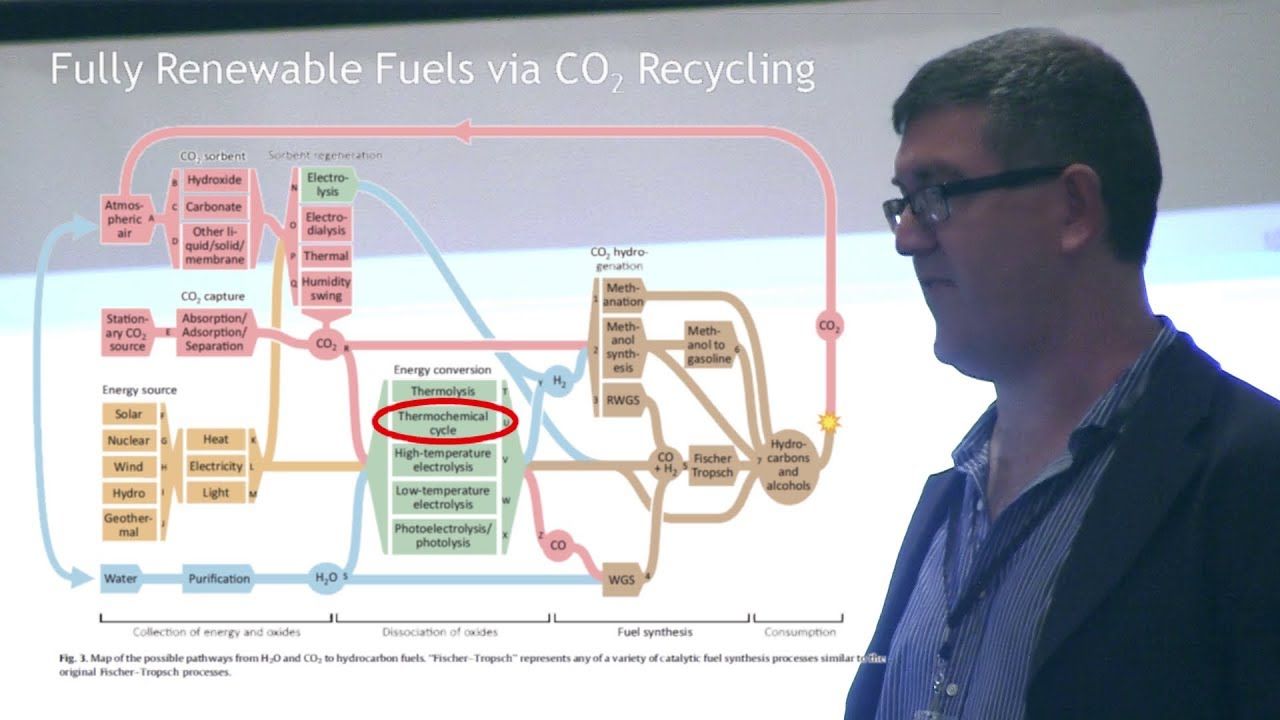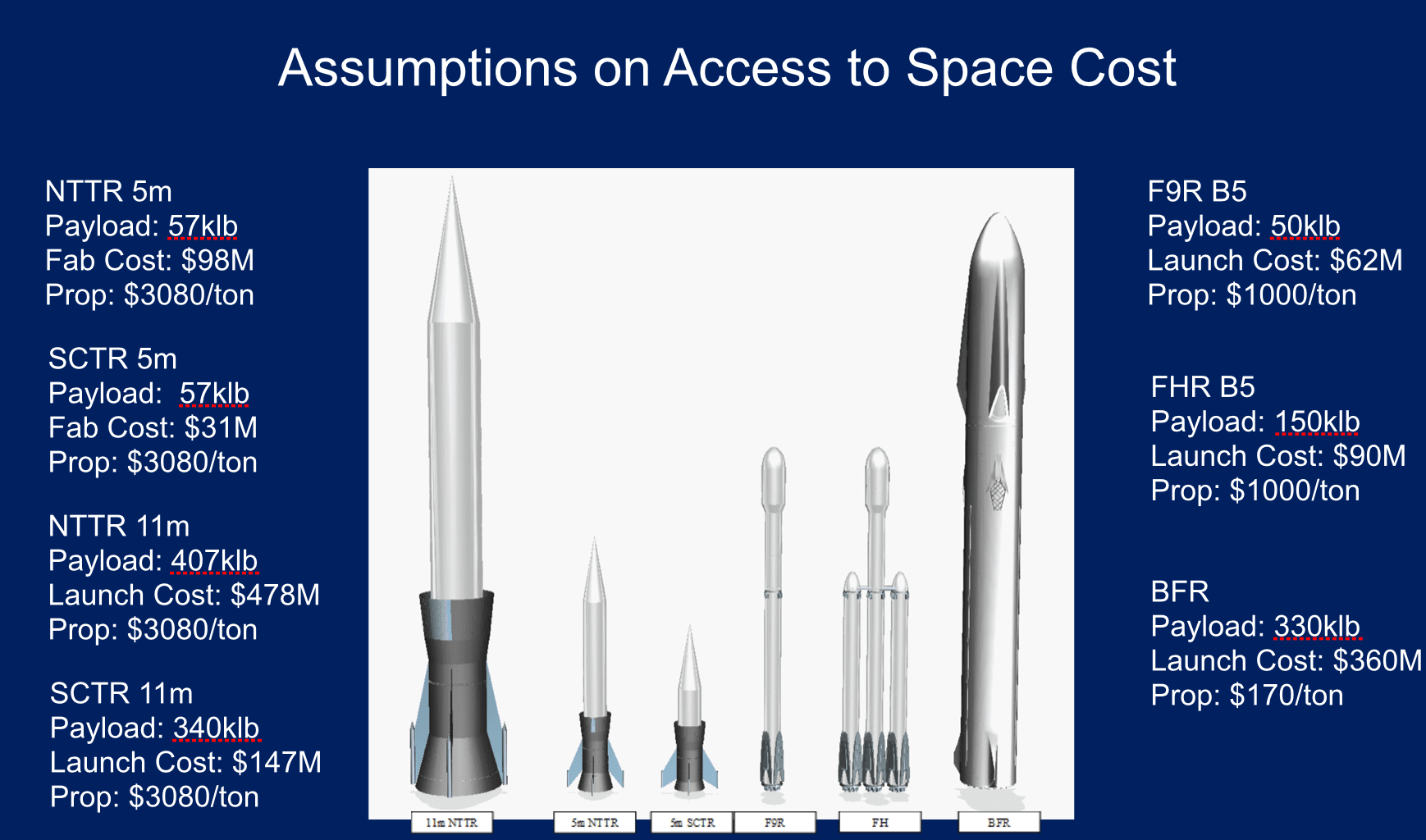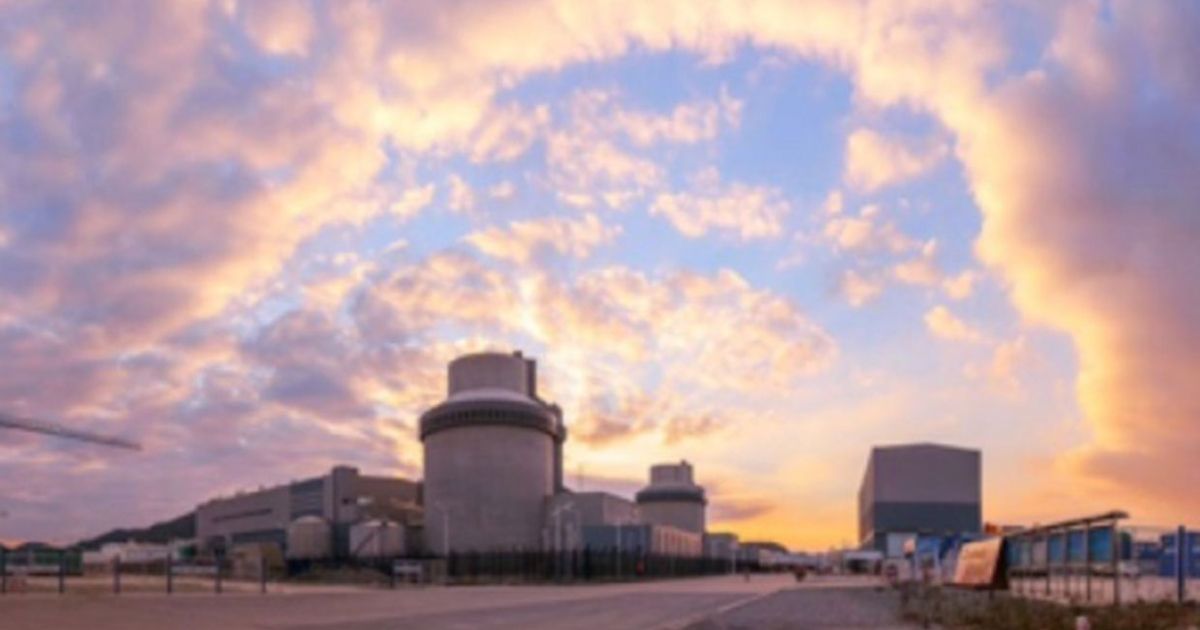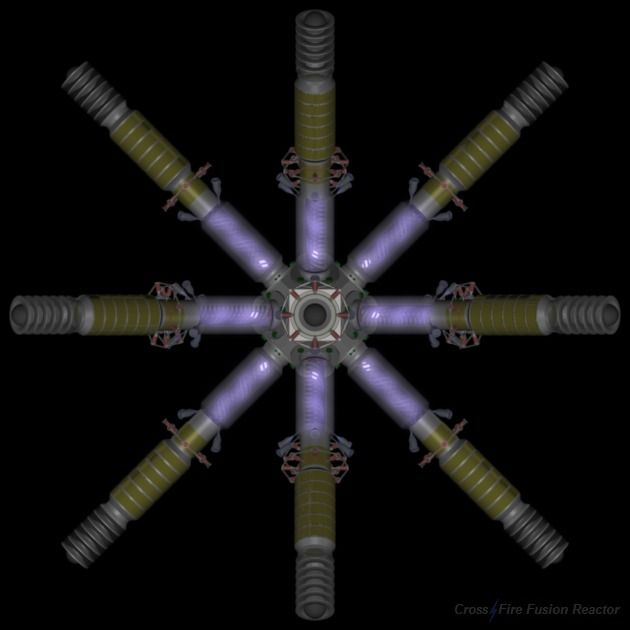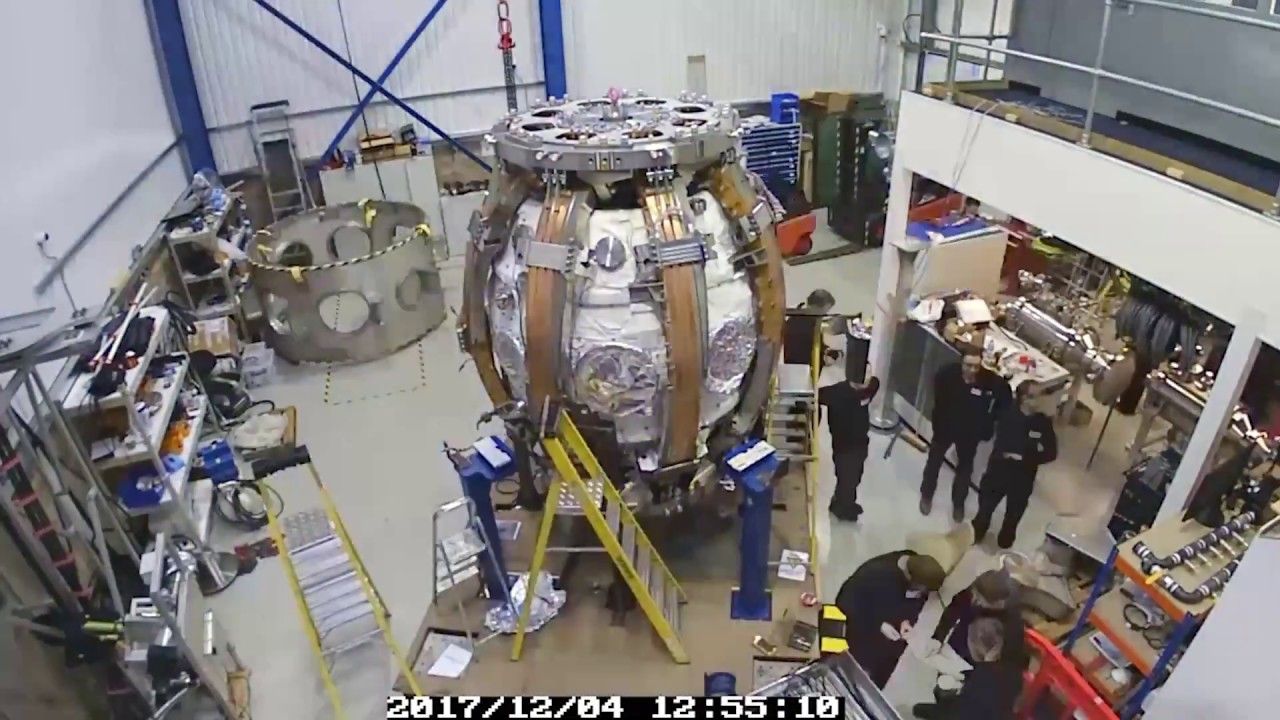Jul 18, 2018
More Energy Storage Looming For Wind Power
Posted by Bill Kemp in categories: nuclear energy, solar power, sustainability
It wasn’t that long ago that solar power and wind power were labeled as marginal, ‘green’ electricity, but in the last five years or so they have become much more affordable and economically more feasible than conventional sources like coal and nuclear.
What supported solar along the way partly was the emergence of energy storage in the form of battery systems. Electricity can now be made by solar power systems and the excess can be stored for usage at night or on less sunny days. At least, solar power has been paired successfully with energy storage, and it is catching up with solar power. The cost of this newish technology is dropping, “The overall estimated cost fell 32% in 2015 and 2016, according to the 2017 GTM Reseach utility-scale storage report. That will slow over the next five years, GTM reported. But battery storage is — in certain places and applications — on its way to cost-competitiveness.”
According to Lazard, it could drop another 36% between 2018 and 2022. The UC-Berkeley research study, “Energy Storage Deployment and Innovation for the Clean Energy Transition,” predicted lithium-ion batteries could hit the $100 per kilowatt-hour mark in 2018.
Continue reading “More Energy Storage Looming For Wind Power” »


